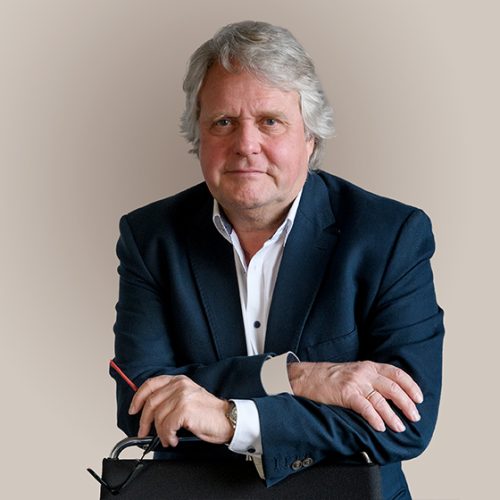The revolution in the last several years in e-commerce is continues to give rise to other socio-economic phenomena.
One of the sectors in which big changes are taking place due to high rates of online sales is logistics. The market tendency to impose free shipping or the challenge of inverse logistics (35% of online shoppers say they returned a product in 2018) are currently the focus of a large part of the sector’s efforts.
In this context one of the most major difficulties is access to “last-mile” logistics, a name that refers to final distance travelled through the central, urban nucleus of cities.
This final mile or 1.5km is the part that poses the highest costs of the delivery process of package delivery (up to 50% depending on the case), in large part due to the high density of traffic and the policies to restrict the access of vehicles for environmental reasons (in Madrid the regulation that restricts access to the central area known as “Madrid Central” entered into force at the beginning of 2019).
These mobility problems, along with the lack of logistical warehouses in city centres and high rental costs, have led to the asset management company Merlin Properties to design, together with CBRE, a pilot project whose success could imply an important change in the strategies for real estate investment in the service industry of offices and shopping centres.
It is an innovative business that consists of converting the parking garages of their office buildings into logistical centres during the night, in such a way that logistical operators can use them as “last mile” centres to organise the deliveries of packages in the city during the day.
With this new model, the cross-docking warehouse (logistical warehouses located about 20km from the city) can be avoided and lorries would arrive directly at the office buildings and shopping centres (much closer to the city or included in their urban network) where they can perform “re-loading” or delivery of the load from large lorries to smaller ones or motorcycles, which from now on must be hybrids or of the zero-emissions type.
This project will begin with the opening in 2020 of nocturnal parking garages at two buildings in Madrid, one of them the Phillips headquarters, as well as another in Barcelona.
If this experience proves successful, it seems that nothing will prevent real estate investment in offices and shopping centres from changing significantly in the next several years. This will stimulate the market since these buildings will be more profitable by allowing the investment to amortise more rapidly. This is because they will be able to be used for two compatible and simultaneous activities: office and/or commercial activity on the one hand and logistics on the other.
The initiative seems promising in terms of stimulating real estate investment given that it will be more profitable to have two leases of the same property, one during the day and the other at night.
From a legal point of view, the compatibility regime for both activities as well as the co-existence of the activity operators will need to be handled creatively.
For further information: Andoni Archanco
